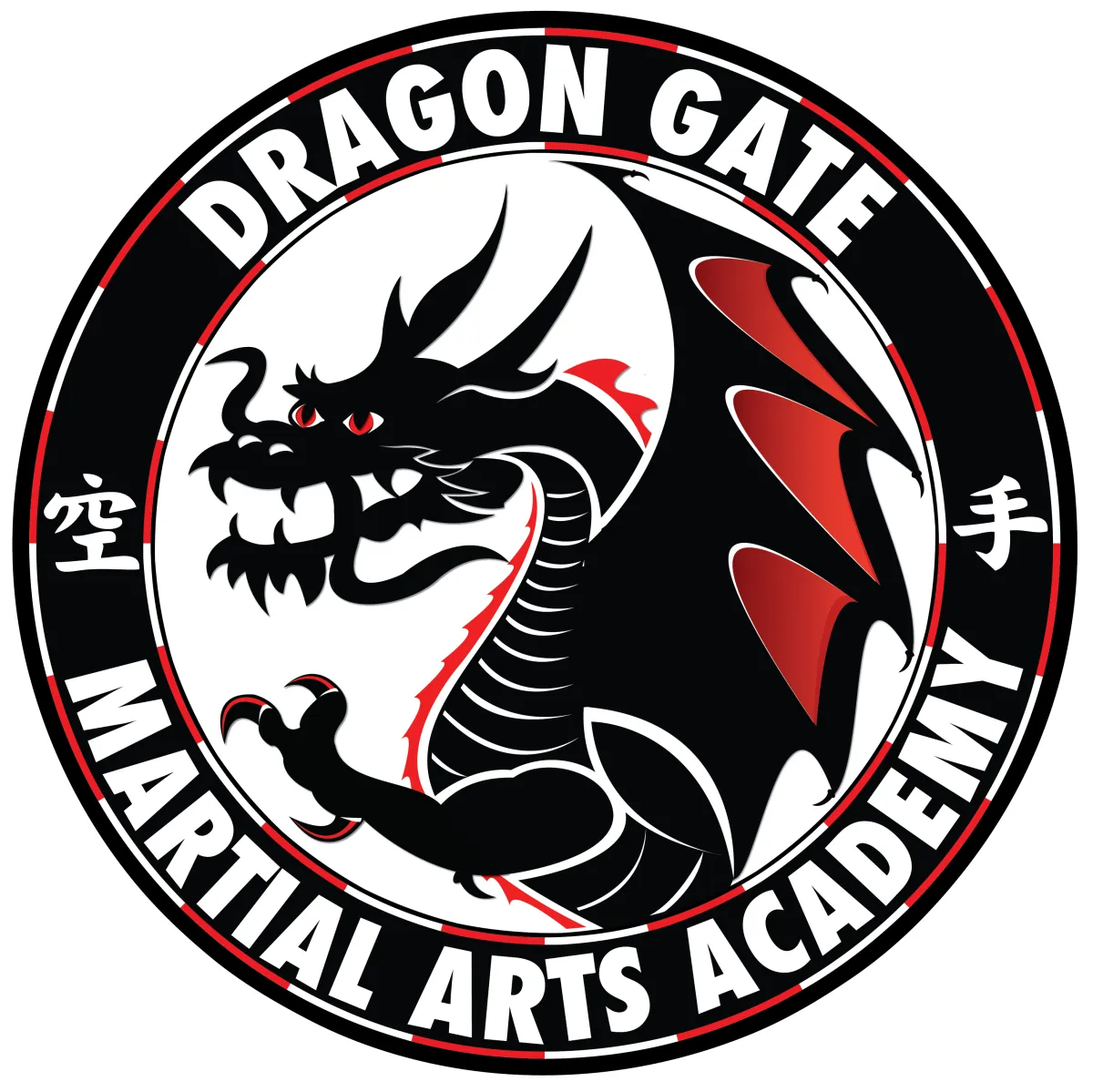631-646-2605
4616 Sunrise Highway Oakdale, NY 11769
Blog Posts
Home / Blog Posts

How Martial Arts Training Enhances Self Discipline
How Martial Arts Training Enhances Self-Discipline
Martial arts training is not just about learning self-defense techniques or improving physical fitness. It is a holistic practice that instills a deep sense of self-discipline. Here are five steps through which martial arts training can enhance self-discipline:
1. Setting Clear Goals
Martial arts training begins with setting clear, achievable goals. Whether it's mastering a specific technique, earning a new belt, or improving overall fitness, having clear objectives helps practitioners focus their efforts. This goal-setting fosters a disciplined mindset as individuals learn to prioritize their time and energy towards achieving these milestones.
2. Developing Consistent Practice Habits
Consistency is key in martial arts. Regular practice builds muscle memory, enhances skills, and promotes physical fitness. Establishing a consistent training schedule requires commitment and discipline. Practitioners must overcome obstacles such as fatigue, busy schedules, or lack of motivation to stick to their practice routines, thereby strengthening their self-discipline.
3. Embracing Physical and Mental Challenges
Martial arts present both physical and mental challenges. Techniques can be demanding, requiring strength, agility, and precise coordination. Additionally, sparring or competitions test mental resilience. Overcoming these challenges requires perseverance, focus, and the ability to push through discomfort. This process enhances self-discipline as practitioners learn to control their thoughts and emotions during difficult situations.
4. Cultivating Respect and Humility
A fundamental aspect of martial arts is respect—respect for instructors, fellow practitioners, and the art itself. This respect fosters humility, encouraging individuals to accept criticism and learn from mistakes. Practicing humility and respect helps develop a disciplined attitude, where individuals recognize the value of continuous learning and self-improvement.
5. Practicing Self-Control
Martial arts emphasize self-control, both physically and mentally. Practitioners learn to control their movements, ensuring precision and efficiency in techniques. They also learn to manage their emotions, particularly in high-pressure situations. This self-control is a cornerstone of self-discipline, enabling individuals to remain composed and make thoughtful decisions.
By integrating these steps into their training, martial arts practitioners not only improve their skills but also cultivate a disciplined mindset that benefits all areas of their lives.
Would you like to experience how training at our school can help you or your child with Self Discipline Click Here to Try a Free Class
Testimonials
Dragon Gate is such a fantastic place for children to not only train physically, but to also develop confidence, patience and respect for themselves and others. Our son has learned valuable self defense.

Matt Roswell
My kids have been involved at DG for several years and are closing in on their Black Belts. The instructors have consistently been of high quality and exude an emphasis on both physical and emotional development.

John Callahan
Great place! My son loves it! They keep the kids engaged while teaching a little discipline. What more could you ask for?!?

Anthony Sanseverino



Facebook
Instagram
X